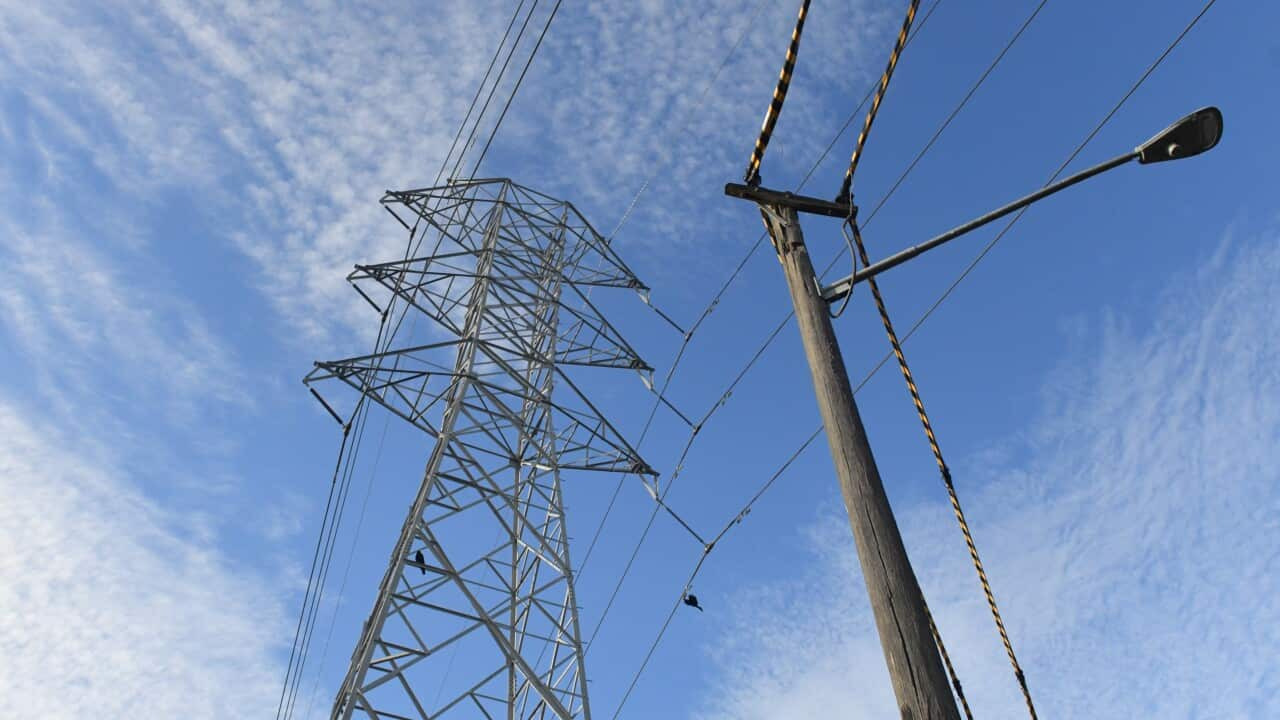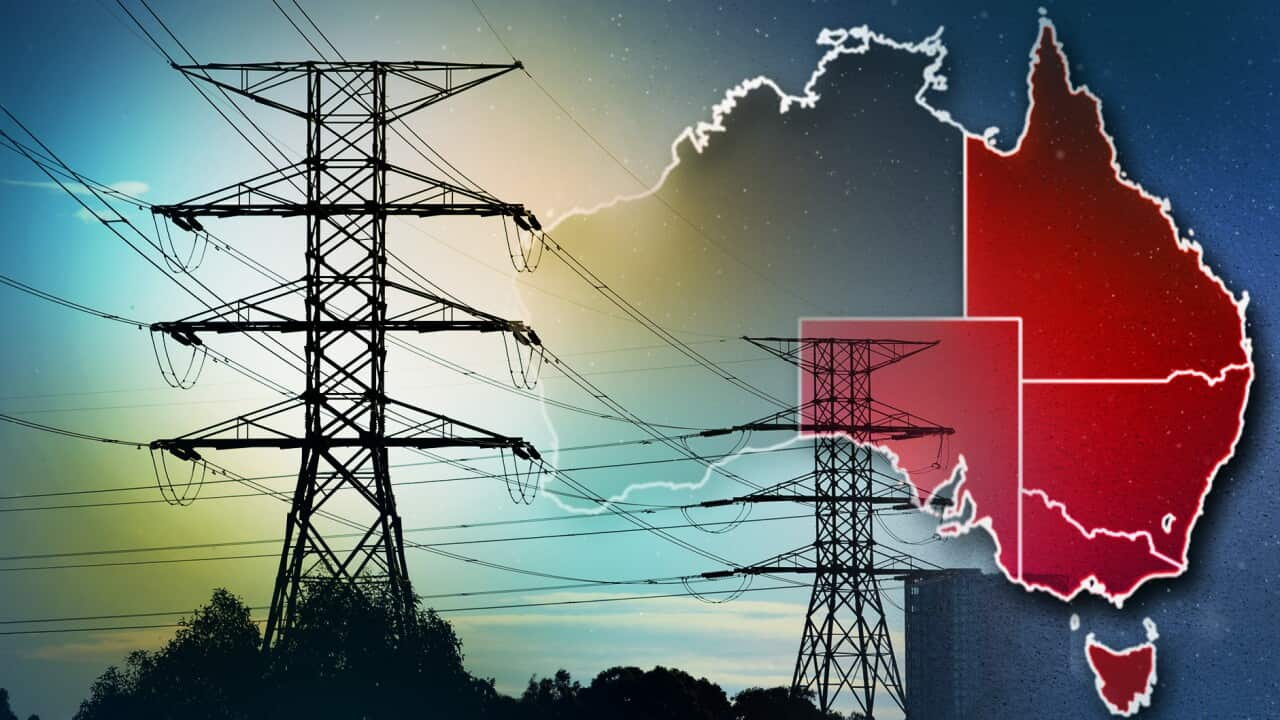Australia's energy regulator says there have been "significant improvements" in its certainty of generator availability and limitations, following Wednesday's suspension of the electricity spot market.
The Australian Energy Market Operator (AEMO) on Thursday said it has been able to manage electricity supply more effectively to meet expected demand, with the cooperation of National Electricity Market (NEM) participants, including Queensland, Victoria, South Australia, NSW, and Tasmania.
It is the first full suspension in the history of the national energy market, which began in 1998, and means the operator will take control of directing supplies from energy generators to the east coast power grid.
"Despite this, challenges remain in the energy sector, with dynamic supply conditions including energy availability limitations and changes, generation offline for maintenance/faults, along with fuel costs and sourcing issues," the regulator said in a statement.
The risk of power shortfalls was averted on Wednesday night in New South Wales, and AEMO's forecast for reserve conditions "improved across all NEM regions" on Thursday.
AEMO said it was still "too early to say" when the market will resume normal operations.
A 'decade of under-investment' in renewables
Earlier, Energy and Climate Change Minister Chris Bowen blamed the situation on Australia's previous governments' approaches to renewable energy investment.
"This is the result of a decade of under-investment in renewable energy and transmission," Mr Bowen told the ABC on Thursday morning.
Mr Bowen said that he has been working with state energy ministers to devise a "comprehensive plan" to address energy supply.
"Last week I convened with state and territory energy ministers who agreed on a comprehensive national plan to fix that—a big step forward but a challenging situation.
"We have avoided lockouts and avoided load-shedding so far and yesterday was an extreme action, not taken lightly but it was a judgement that it was what was absolutely necessary to act in the best interests of consumers to intervene and close the market and take control and that's what happened yesterday."
Mr Bowen it was the "right decision" for AEMO to intervene for the first time in the history of the national energy market, which began in 1998.
The energy minister said the intervention should be viewed as a sign of the need to push toward renewables and not the other way around.
"This is a crisis driven by unexpected outages in coal-fired power stations because the fleet is ageing... The previous government played out for nine years and had 23 different energy policies and denied the challenges and opportunities and chance for a comprehensive economic policy."
The Australian Energy Market Operator said in a note issued on Wednesday it had suspended the electricity spot market in NSW, Queensland, South Australia, Tasmania and Victoria until further notice.
"It has become impossible to operate the spot market in accordance with the provisions of the rules," the operator said.
As well, AEMO will set prices for every state in the market.
However, it is not expected to push up retail prices paid by households and businesses.
"In the current situation, suspending the market is the best way to ensure a reliable supply of electricity for Australian homes and businesses," AEMO CEO Daniel Westerman said.
"The situation in recent days has posed challenges to the entire energy industry, and suspending the market would simplify operations during the significant outages across the energy supply chain."
The suspension is temporary and will be reviewed daily, and will be lifted when AEMO is confident the market will operate properly.
Mr Westerman said conditions would remain tight over coming days, especially in NSW, where consumers were urged to conserve energy "if it is safe to do so".
"Right now we see the market is not able to deal with all the factors thrown at it."
AEMO has been working with the sector to ensure enough power is available across five states.
With AAP.



